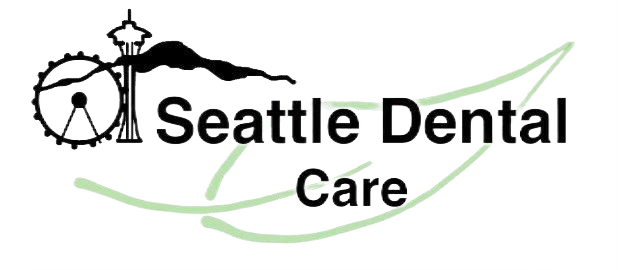Oral Hygiene Tips to Protect Your Teeth in Seattle, WA
Maintaining good oral hygiene is essential for preventing not only dental problems but also systemic diseases.
- Brush Your Teeth Regularly
- Replace Your Toothbrush Every Three to Four Months
- Floss Daily
- Choose Healthy Foods
- Schedule Regular Cleanings and Checkups
Brush Your Teeth Regularly
Plaque can also form under the gum line, which can cause your gums to pull away from your teeth. This can cause pockets to form where bacteria can grow. Pockets between the teeth and gum tissue are dangerous because they can harbor infection-causing bacteria and lead to gum disease.
Thankfully, you can prevent this problem by brushing and flossing every day and regular visits to your holistic dentist. If plaque is allowed to build up for too long, it can lead to the development of gingivitis or even periodontitis. These conditions can lead to the destruction of the gums as well as the bones that support your teeth.
Replace Your Toothbrush Every Three to Four Months
Your toothbrush should be replaced every few months to avoid bacteria buildup that could damage oral health. Gently brush the toothbrush head against the palm of one hand, and the bristles should gently clean themselves. Rinse well and allow it to dry. Storing it in a standing position will keep the bristles from bending or getting damaged, which can make cleaning more difficult. Do not store it near a sink where moisture and humidity can accumulate on the bristles. Avoid storing it in an enclosed container, as this can lead to bacteria growth. Get a new toothbrush every three months or when the bristles become frayed or worn. Giving yourself a reminder to change out your toothbrush after each trip is a smart idea!
Floss Daily
You already know that flossing is important for protecting your teeth, but did you know it can also help protect you from heart disease? The bacteria in your mouth can actually enter your bloodstream and cause blood clots, increasing your risk for heart attack and stroke. Some studies even suggest that those with gum disease are up to seven times more likely to have a heart attack or stroke than those who don't suffer from the disease. In addition to improving your heart health, regular flossing can remove plaque from between teeth and along the gum line, which helps to prevent cavities and gingivitis. Brushing alone won't be able to reach these areas and lead to decay and infection.
Choose Healthy Foods
Food and beverages are an important part of a balanced diet, but it's important to consume them in moderation. Excessive snacking on desserts or drinking sugary sodas can increase the amount of plaque that accumulates on your teeth. You can also discuss with your holistic dentist how your nutrition can affect your oral health. Plaque is a sticky biofilm that builds up on the surface of your teeth and contains millions of bacteria that can damage your teeth and gums. In addition to eating nutritious foods and avoiding harmful ones, be sure to drink plenty of water to keep your mouth moist and wash away food particles and oral bacteria. Water is just as important for your oral health as it is for the rest of your body. Drinking water helps rinse food and bacteria from your mouth to prevent cavities and gum disease. Aim to drink at least eight cups of water every day. And, if plain water is boring to you, try flavoring it with fresh fruits and herbs instead!
Schedule Regular Cleanings and Checkups in Seattle, WA
You can help maintain your oral health by scheduling regular biological cleanings and checkups with your biological dentist. These appointments are imperative to maintaining the health of your teeth and gums, as they provide an opportunity for the dentist to inspect your teeth and use specialized tools to clean them and remove plaque and tartar buildup. Without regular cleanings, you could be at risk for a range of oral health issues, such as cavities, gum disease, and even tooth loss. However, your dentist can use special instruments to remove plaque that you may not be able to access at home with your toothbrush or floss.
At Seattle Dental Care
